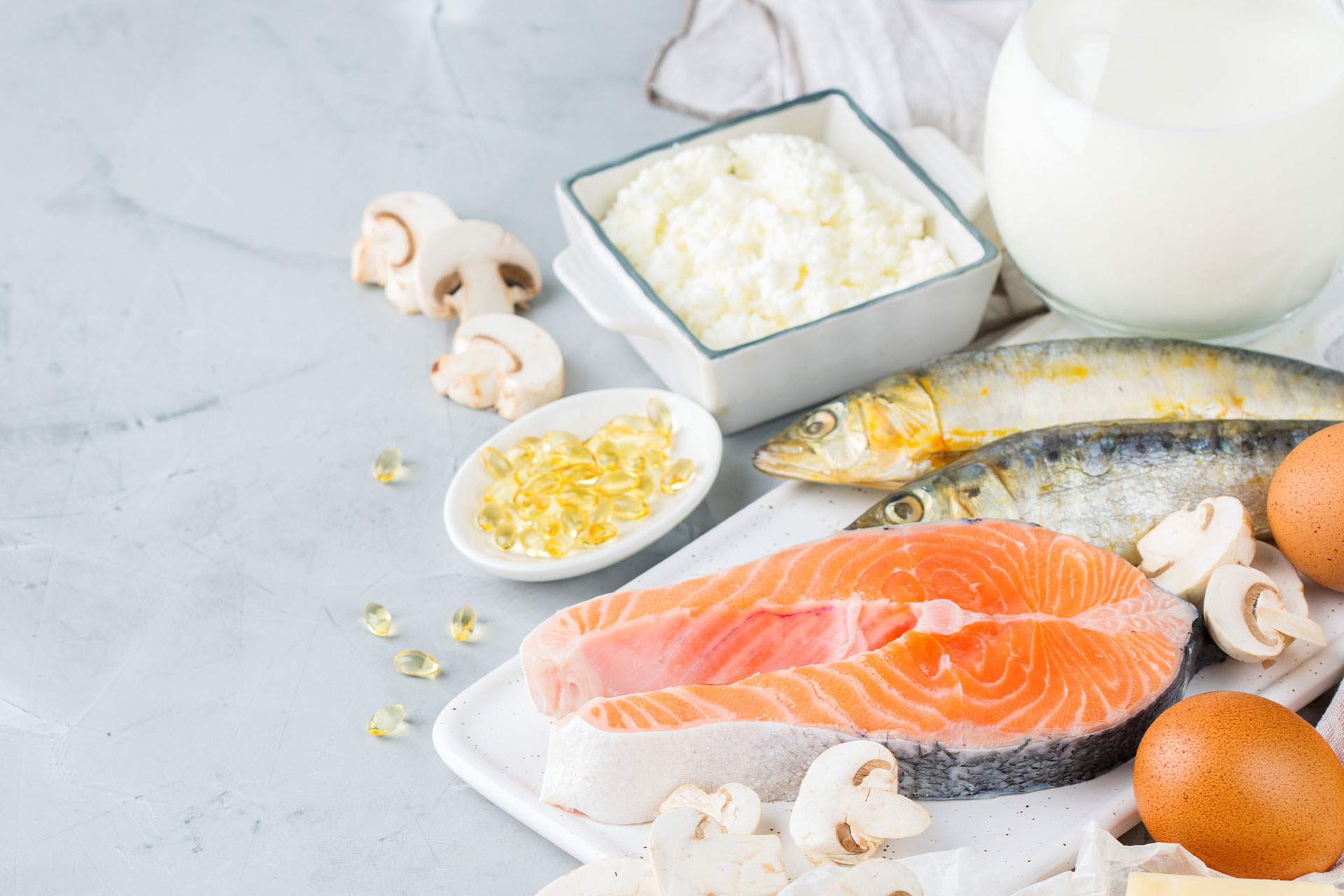What is taurine?
Taurine is an amino acid produced naturally in the body, unlike other essential amino acids that must be added through your diet. It’s made from a combination of two other amino acids, methionine and cysteine, and was first discovered in the bile of bulls, thus its name.
More defined as an amino sulfonic acid, taurine or “l-taurine” is a necessary building block of protein. It can be found in the brain, heart, retina, and blood platelets. It helps move calcium, potassium, magnesium, and sodium in and out of your cells, enhances the production of insulin, improves glucose tolerance, and acts as an antioxidant. It’s also necessary for the utilization of minerals like potassium, calcium, magnesium, and sodium.
Benefits of taurine
Taurine is vital in regulating heart rhythm, cardiac contractions, blood pressure, and platelet aggregation. It detoxifies liver cells, helps form bile acids, and maintains cell membrane strength. It also helps reduce cholesterol that is associated with atherosclerosis. It helps regulate your immune system, maintains proper hydration and electrolyte balance in cells, supports central nervous system function and macular health, and is essential in forming bile salts needed for digestion.
Increasing taurine levels can help treat non-alcoholic fatty liver disease, where too much fat accumulates in the liver, caused by insulin resistance and metabolic syndrome, resulting in the loss of liver function, leading to liver cirrhosis. Taurine can also help fight obesity, especially inflammation-generating abdominal fat stores.
How to increase my taurine levels
Most people can produce enough taurine themselves, but some may require supplementation. Vegetarians and vegans may need more taurine in their system. Liver, kidney, and heart failure and diabetes can deplete the body’s level of taurine as well as vitamin A, zinc, and B6 deficiencies. If you’ve had a Candida infection, taurine levels are eliminated through your urine and must be replaced. Taurine production also slows down as you age.

Signs of a Taurine deficiency:
- Depression and anxiety
- Hypertension
- Problems with endurance and recovery after exercise
- Vision problems
- Weight gain
These symptoms can also be signs of numerous other conditions, but optimizing the levels of taurine in your body can often be a simple solution. The best dietary sources of taurine are protein-rich foods like eggs, raw milk, wild-caught fish like salmon, sardines, anchovies, and grass-fed meats.
The most well-known benefit of taurine is its ability to improve athletic performance, and it’s often added to enhance products aimed at athletes. It’s best not to rely on sports and other energy drinks for your taurine fix, as most of these beverages contain high amounts of caffeine, sugar, fructose, and other unhealthy ingredients. Consult your doctor before supplementing taurine. The best way to get it is through your diet.


